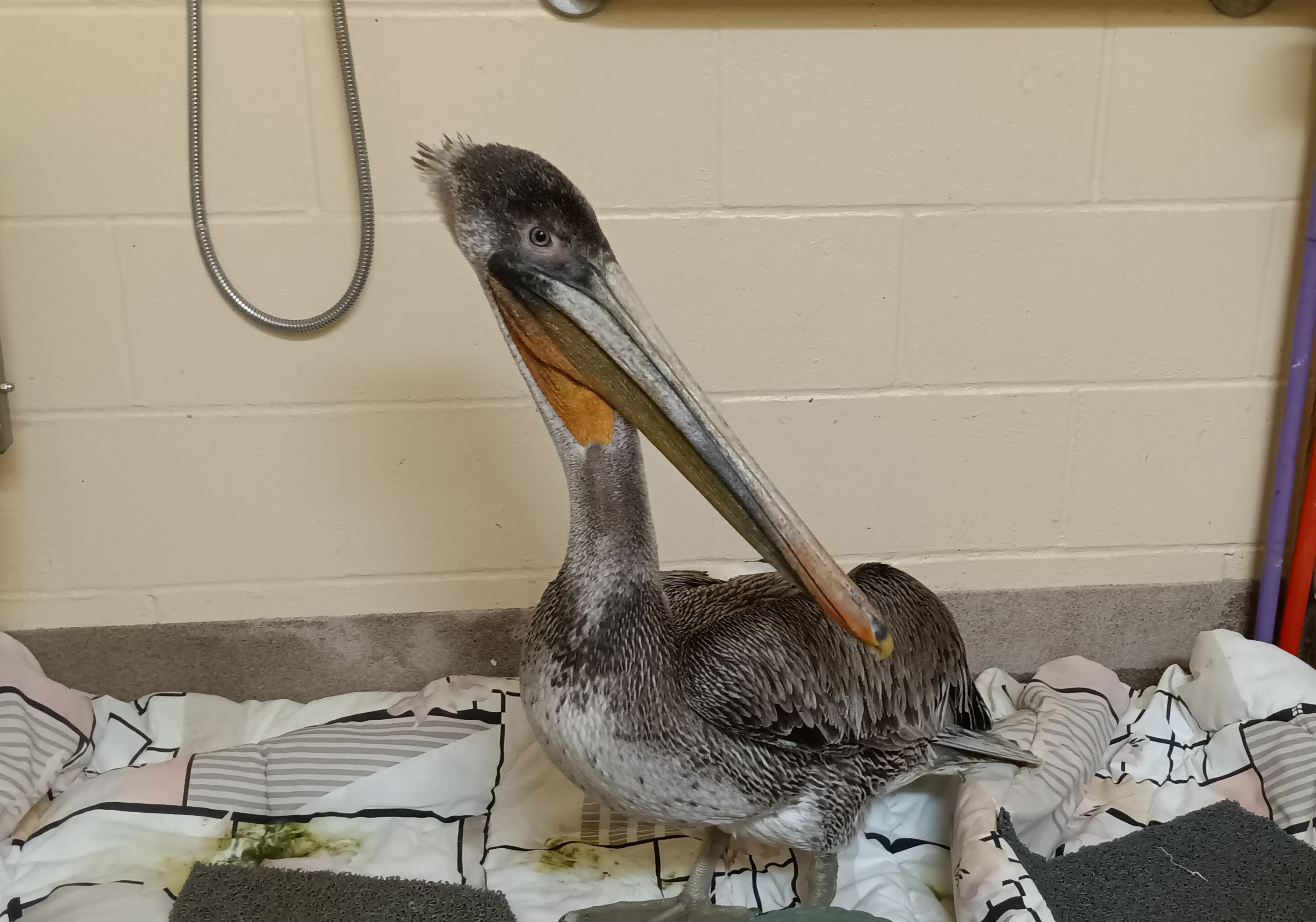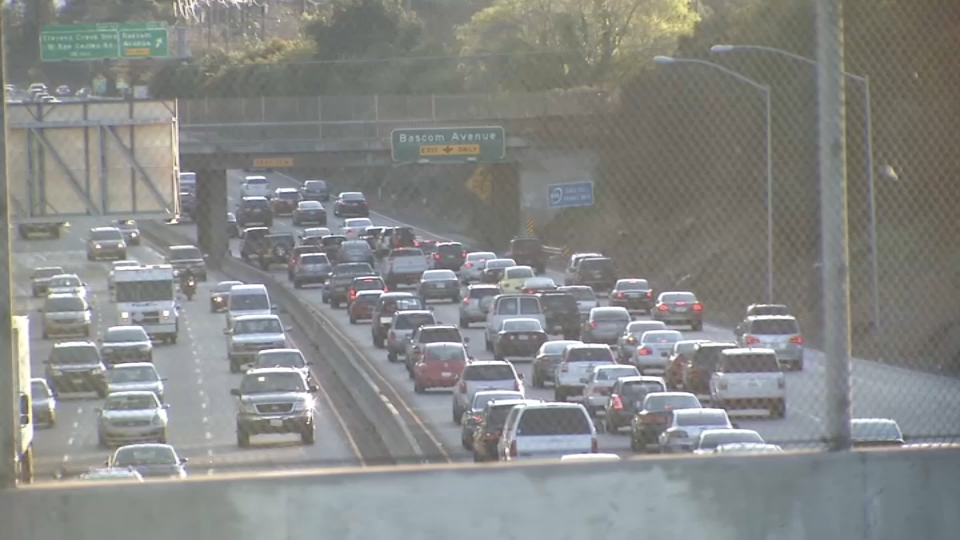What to Know
- Most dates on food are not "expiration" dates, and may be safe to eat
- U.S. law requires an "expiration date" on only one item: baby formula
- "Use by" labels are voluntary; report spoiled food to the California Department of Public Health
A confusing system of food labeling has led to consumers throwing away billions of dollars worth of food products every year, and much of that food is completely safe to eat.
As a result, the U.S. grocery industry is taking steps to simplify food labels, with the goal of reducing waste and helping households save money.
"A lot of people confuse quality and safety," food research scientist Linda Harris told NBC Bay Area. "That's a big problem."
Harris is the chair of Food Science and Technology at the University of California, Davis. She says most food is perfectly safe to eat past the date on the label. That's because most dates on food are not "expiration" dates. They actually tell consumers when peak freshness or flavor drops off.
"The date is meant to signal quality," Harris said. "It's not a safety issue."
Some consumers may be surprised to learn federal law requires an actual expiration date on only one food product: baby formula. Every other date you see on food is voluntary, under federal standards.
Local
That doesn't sit well with Mohammed El Hamadoui. He contacted NBC Bay Area after he ate shrimp balls that left him feeling ill.
"That is poison," El Hamadoui said, displaying the shrimp balls he saved. "It smells awful."
El Hamadoui said a supermarket sold him the package 14 days past the "sell by" date on the label. He didn't think of looking at that date until after he ate some and felt sick.
"My food was two weeks expired," El Hamadoui said.
NBC Bay Area visited the same store where El Hamadoui says he bought the shrimp balls. Shopping on April 23, we bought shrimp dated April 21; trays of raw seafood mix dated April 20; and a package of raw beef with no date at all. On shelves, we found several dry goods dated as far back as January. We shared our findings with Harris at UC Davis.
"It's not illegal to sell a product past its 'best-by' date," she said.
So, even the beef with no date at all meets federal criteria.
Without clear government guidelines, we're bombarded with terms:
- Best By
- Expires On
- Use By
- Best Flavor By
- Sell By
- Enjoy By
The meanings vary, and so does the science used to calculate the date. Megan Stasz of the Grocery Manufacturers Association says that's a problem for ordinary shoppers.
"What the confusion leads to is consumers unecessarily throwing away some food when it might still be good to eat," Stasz said.
The U.S. Department of Agriculture estimates as much as 40 percent of all food grown, produced and shipped in the U.S. will never be eaten. That amounts to about 218 pounds of food per person per year, according to the U.S. Environmental Protection Agency. It will end up in landfills, in part because consumers don't understand the labels.
That should change this summer. The Grocery Manufacturers Association is telling companies to start using either "Best if Used By" or "Use By".
"Rather than having 10 or 20 phrases on your food products now, you'll just see one of two," Stasz said.
Most products will get "Best if Used By", since the association says most food "is safe to use or consume" after the date.
The remaining few product date labels will read "Use By". Stasz tells NBC Bay Area that's reserved for highly perishable food, that could pose a health risk after the date on the label. "Maybe something like a sliced deli meat or raw shellfish that would have that food safety concern over time," she said.
Food experts are hungry to teach families about the new labels and help them stop wasting so much food.
"In turn, that can help them save money, which I think is a win for everybody," Stasz said.
The new labels are voluntary, and federal law remains mostly silent. If you ever suspect you were sold spoiled food, you may report it locally. Contact the California Department of Public Health through its website, or by calling 916-558-1784. The CDPH has authority to investigate stores for selling rotten products.
El Hamadoui told NBC Bay Area he has filed a complaint. He said all food producers and stores should step up and make labels clearer.
"It's their job," El Hamadoui said. "They're making money to do that."



